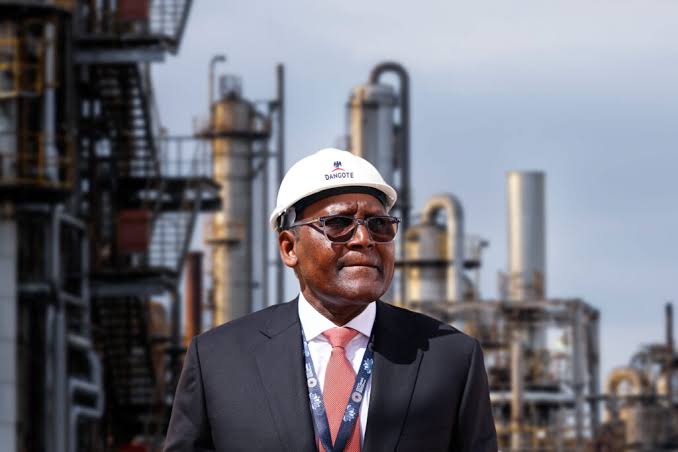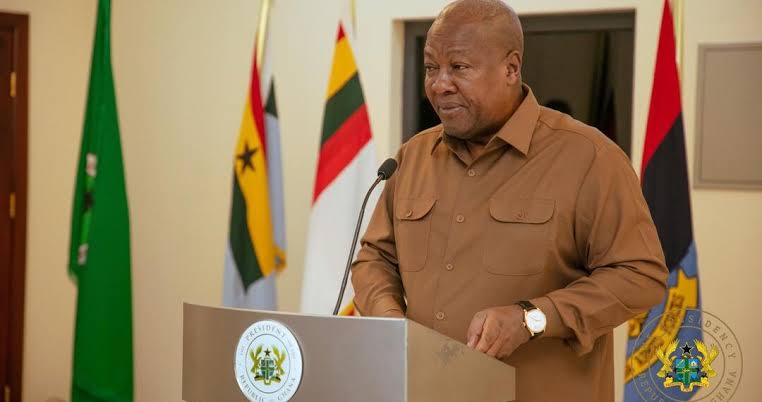
Faith Nyasuguta
Ghana could soon celebrate a major economic milestone as inflation is projected to drop to single digits by the end of 2025 – a level not seen in years. According to Deloitte’s latest West Africa Inflation Update, the country’s inflation rate may fall below the Bank of Ghana’s revised year-end target of 12%, offering hope for relief from the high cost of living that has weighed heavily on many households.
This positive outlook is driven by what Deloitte calls a “sustained disinflationary trend,” which is giving the Bank of Ghana room to consider easing interest rates. The firm expects the first rate cut could come as soon as the July 2025 Monetary Policy Committee (MPC) meeting. Lower interest rates would encourage banks to lend more to businesses and households, spurring investments and helping to grow the economy faster.
“An ease in interest rates will encourage more lending to the real sector and support further output and overall economic growth,” Deloitte’s report noted.
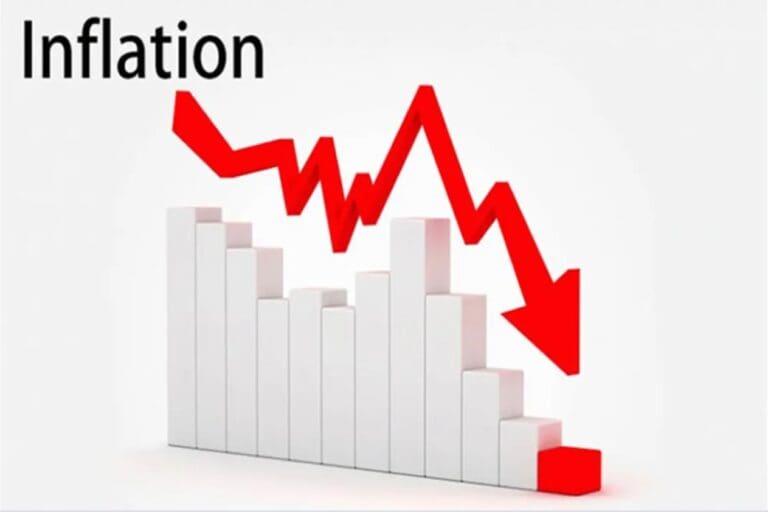
The progress so far has been significant. In June 2025, Ghana’s headline inflation dropped sharply to 13.7%, down from 18.4% in May. This decline has been credited mainly to falling domestic fuel prices, cheaper transport costs, lower food prices, and the Ghanaian cedi strengthening against major currencies. Month-on-month inflation even turned negative, recording a deflation of -1.2% -the first time this has happened since August 2024.
Both food and non-food prices have shown signs of easing. Food inflation dipped to 16.3% in June, while non-food inflation dropped to 11.4%. For ordinary Ghanaians, this means that everyday essentials may gradually become more affordable if the trend continues.
Interestingly, the Transport sector has seen one of the biggest improvements. Out of 13 sectors tracked for inflation, Transport was the only category that recorded a negative inflation rate, plunging to -8.5% in June 2025 from a whopping 19% in June 2024. This dramatic drop reflects the sharp reduction in local fuel prices and transport fares, which is a welcome relief for commuters and transport businesses alike.
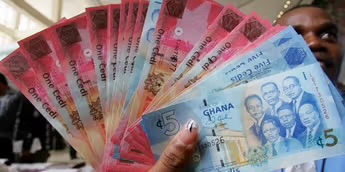
Another area showing a turnaround is the real return on investments. As inflation falls, real returns improve because the value of money holds up better over time. Deloitte’s update shows that the real return, using the monetary policy rate as a benchmark, rose to 14.3% in June 2025 – more than double the 6.2% recorded in June 2024. This improvement could make Ghana more attractive to investors looking for higher yields in a relatively stable environment.
However, the road to sustained low inflation is not without risks. Deloitte warns that global economic shocks could derail progress. Domestically, higher tariffs and new levies could add pressure. For example, the recent 2.45% hike in electricity tariffs is expected to increase production costs, which could eventually push prices up again. Similarly, the Ghanaian Cedi1.00 fuel levy on petroleum products poses another risk by potentially raising fuel and transport costs in the coming months.
Some sectors are still facing upward price movements. In June, the Housing, Water, Electricity, Gas, and Other Fuels category saw inflation rise to 24.9% from 21.6% in May. The Information and Communication sector also recorded a slight increase from 9.7% in May to 10.4% in June.
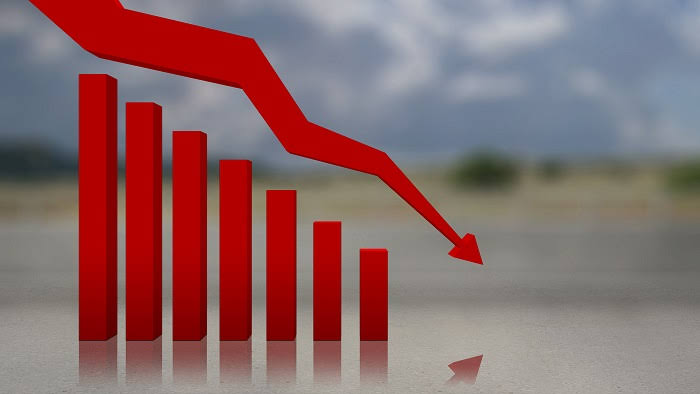
Despite these challenges, Ghana’s progress towards single-digit inflation is a promising sign for businesses, households, and investors hoping for a more stable and predictable economy. If the country can keep global shocks and domestic cost pressures in check, Ghanaians could start to feel real relief by the end of next year.
RELATED:







